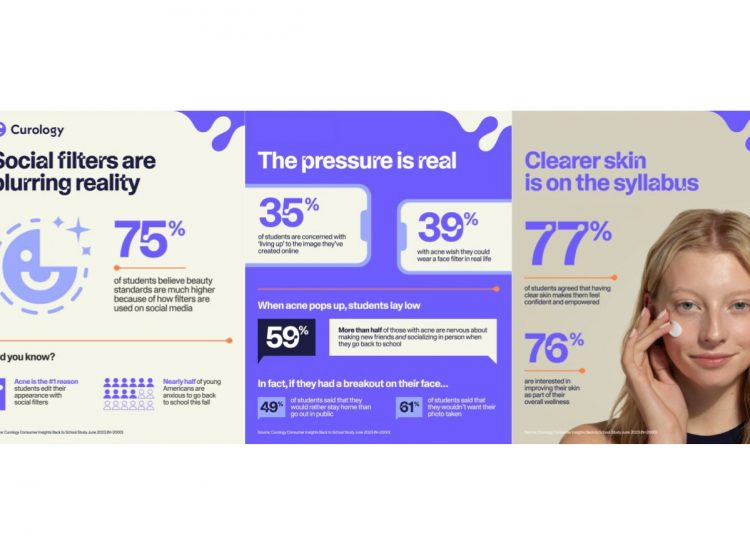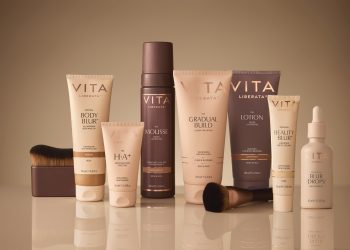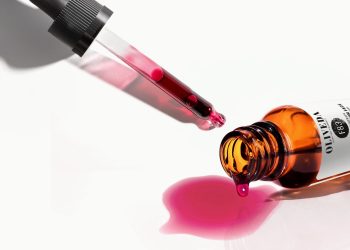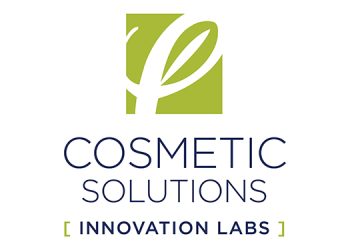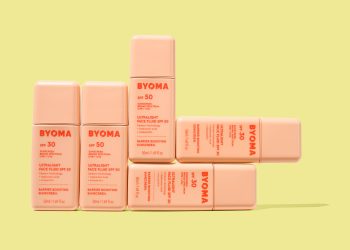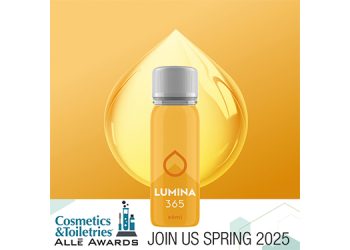Curology, the dermatologist-founded personalized prescription skincare company, released its first ever Back to School: Unfiltered report1 today, revealing insights into the anxieties Gen Z high school and college students have about starting school this fall, especially in regards to social-media filters and their skin.
To truly understand students’ mindset when it comes to social media, mental health and acne, the skincare company conducted a recent survey of 2,000 American teens and young adults, and the results were illuminating. When thinking of going back to school, nearly 3 in 4 students (72%) report feeling the pressure to look “perfect” by higher beauty standards they believe have been set by social media. And a quarter (25%) go so far as to say they’re not comfortable sharing their bare face on social media without makeup or facial filters. In fact, those who use filters to alter their appearance were 22% more likely to report having back-to-school anxiety than students who don’t alter their photos—indicating young people could be using facial filters as a “social crutch,” which when taken away, creates anxiety.
As the leading provider of personalized prescription skincare, Curology wants students to treat their skincare goals as a journey, and be proud to show up in-real-life (IRL) and on social media as they are.
“With the rise of social media filters, students today are under more pressure to look ‘perfect’ than ever before,” says Curology CEO Heather Wallace. “Struggling with acne and other skin issues can be a deeply emotional experience. Our goal at Curology is to encourage students to feel comfortable and confident in their skin. With access to our licensed dermatology providers and effective treatments, we aim to provide students with skincare that actually works.”
The findings of Back to School: Unfiltered uncovered a generation who feels pressured by ideas of beauty that are unachievable without the aid of social filters…and their mental health is paying the price. Fears about removing the “digital shield” afforded by social media facial filters are especially pronounced for those with acne. Being exposed to overly unrealistic social media facial filters and digital enhancements, teens and young adults can have anxieties about interacting with peers in-real-life, without digital barriers.
Noteable Back-to-School: Unfiltered findings include:
- Acne is the #1 reason students edit their appearance with social filters
- 75% of respondents said they believe beauty standards are much higher due to the use of filters on social media
- Those with severe acne were almost twice as likely as those with almost clear skin to be concerned about “living up to” the image they’ve created for themselves online (20% vs 11%)
- Over halfof students with acne (59%) report being nervous about both making new friends and socializing in person when they go back to school
- Nearly 4 in 5 respondents (77%) agreed that having clear skin makes them feel confident and empowered
- More than one in three respondents (37%) wish they could “walk around with a facial filter on in-real-life”
- 77% of students said they were interested in improving their skin as part of their overall wellness
Supporting students’ skincare journeys is part of Curology’s mission to make effective skincare accessible for all. This includes Curology’s Access Program, a monthly program through which Curology provides a credit of up to $485 to 200 teenagers from families that qualify for the National School Lunch Program or young adults who provide documentation of financial need. To date, over 6,000 people have benefitted from the program, marking an almost $3 million investment from the brand.
1 Research Methodology: All figures, unless otherwise stated, are from Curology. Total sample size was 2,000 US teens and young adults, ages 14-22. Fieldwork was undertaken in June 2023. The survey was carried out online.


